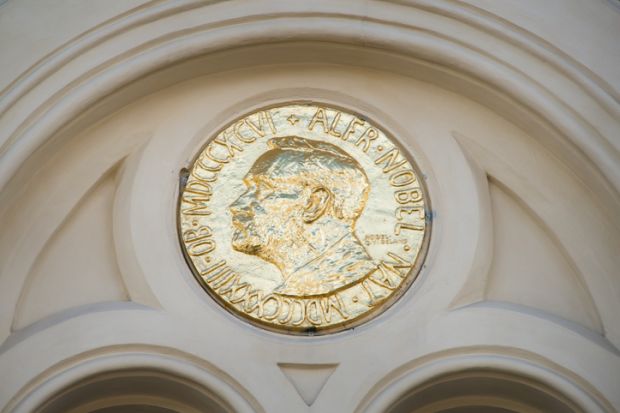Two female scientists have been awarded the Nobel Prize in Chemistry for their discoveries in gene technology – the first time that two women have shared science’s top chemistry honour.
Emmanuelle Charpentier, director of the Max Planck Unit for the Science of Pathogens, in Berlin, and Jennifer Doudna, professor of biochemistry, biophysics and structural biology at the University of California, Berkeley, took this year’s final science Nobel Prize “for the development of a method for genome editing”, which could become “a tool for rewriting the code of life”.
Announcing the award on 7 October, the Nobel committee praised the pair’s discovery of “genetic scissors”, which have “taken the life sciences into a new epoch and, in many ways, are bringing the greatest benefit to humankind”.
“This technology has had a revolutionary impact on the life sciences, is contributing to new cancer therapies and may make the dream of curing inherited diseases come true,” it explained.
“There is enormous power in this genetic tool, which affects us all,” said Claes Gustafsson, chair of the Nobel Committee for Chemistry, who added that it “has not only revolutionised basic science, but also resulted in innovative crops and will lead to groundbreaking new medical treatments.”
Professor Charpentier and Professor Doudna are only the sixth and seventh women to win the Nobel Prize in Chemistry and it is the first time in history that two women have shared a Nobel prize for chemistry.
The discovery of genetic scissors follows studies by Professor Charpentier – a French scientist who was educated at Pierre and Marie Curie University (UPMC), now part of Sorbonne University, before doing her doctoral research at the Pasteur Institute in Paris and gaining a PhD from a doctoral school associated by UPMC – into Streptococcus pyogenes, one of the bacteria that cause the most harm to humanity.
That led to the discovery of a previously unknown molecule, tracrRNA, and later a collaboration in 2011 with Hawaii-born biochemist Professor Doudna, who took her PhD at Harvard Medical School.
Together, they succeeded in recreating the bacteria’s genetic scissors in a test tube and simplifying the scissors’ molecular components so they were easier to use.
Since their discovery of genetic scissors in 2012, their use “has exploded”, explained the Nobel committee and contributed to “many important discoveries in basic research, and plant researchers have been able to develop crops that withstand mould, pests and drought”.
“In medicine, clinical trials of new cancer therapies are underway, and the dream of being able to cure inherited diseases is about to come true,” it said.
Register to continue
Why register?
- Registration is free and only takes a moment
- Once registered, you can read 3 articles a month
- Sign up for our newsletter
Subscribe
Or subscribe for unlimited access to:
- Unlimited access to news, views, insights & reviews
- Digital editions
- Digital access to THE’s university and college rankings analysis
Already registered or a current subscriber? Login








